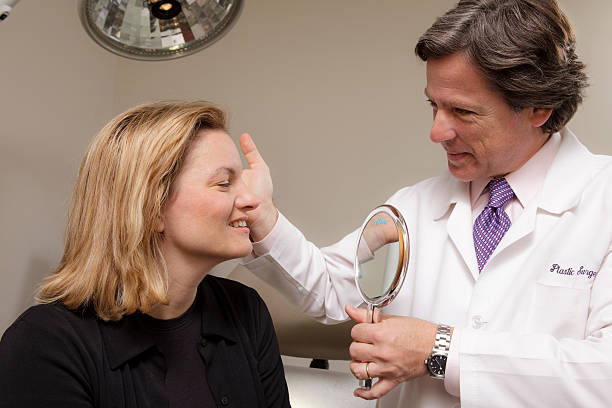Have you been feeling red in the face? You might have Rosacea if you’re experiencing more than a slight flush or rosy skin. This chronic skin condition causes a constant and distinct redness. We wanted to treat and prevent rosacea flare-ups since there is no cure.
Dr. Christian Jurist is a dermatologist who also serves as the medical director for global education at Pevonia. He recently answered all our rosacea-related questions to help you calm down.
What is Rosacea?
Rosacea is a chronic, progressive microcirculation disorder that manifests as persistent redness, dilated blood vessels, congestion, and, last but not least, papules, pustules, or breakouts. ).
What is Rosacea, and how can I tell if I am affected?
The skin will be red and may even feel burning. Capillaries that are dilated under the skin can also be seen.
What causes Rosacea?
Extreme temperatures, sun exposure, and emotional stress usually trigger rosacea. Other triggers include certain cosmetic products, spicy food, alcoholic drinks like wine, and hot beverages such as coffee.
Which foods should I avoid when I have Rosacea?
In the first place, it is important to avoid all triggers. After that, you should follow a gentle, dedicated, and proper skin care regimen in order to control and treat Rosacea. A dermatologist’s opinion is also recommended.
How can Rosacea be treated?
The main focus is on gentle products that soothe, cool, and calm skin. Antibiotics are the mainstay of treatment for doctors to reduce a population of microorganisms that can aggravate the condition. Doctors will also recommend sunscreen as a way to prevent skin damage. To cover or reduce redness, mineral-concealing makeup can be used. Pevonia (r) offers a range of RS2 Rosacea products for home use, as well as a Professional Treatment Mask that a qualified spa or salon administers.
Are there differences in treatment between mild and severe Rosacea?
The treatment of Rosacea must adapt to the condition of the affected skin and areas. Rosacea that is not controlled or worsens due to poor management will require targeted medical treatment. This is necessary to prevent further damage. Rosacea products can be used at any stage, but a professional skin examination is recommended periodically to determine if the routine needs to be modified.
What ingredients do I need to look out for when buying products that treat Rosacea, and how can I find them?
Regularly using green tea, licorice, chamomile, and French Rose extracts can help control the symptoms of Rosacea. Any ingredients that reduce skin irritation or calm the skin would be ideal.




